A thrilling Euro 2024 group stage came to a conclusion Wednesday, as the lopsided knockout bracket was solidified following days of drama. Below, we look back on the tournament’s opening round by examining the biggest winners and losers in Germany so far.
Winner: Ralf Rangnick
Everyone owes Ralf Rangnick an apology. Few people, if any, have done more to bolster their reputation at this tournament than the “Godfather of the Gegenpress.” Few people, in fairness, needed to restore their standing more than the German tactician, who was ridiculed during – and after – his brief spell as interim Manchester United manager that ended in 2022. Cristiano Ronaldo, giving voice to what seemed like the general consensus among the United squad at the time, said the unloved Rangnick was “not even a coach.” He sure looks like one right now. And a damn good one, too.
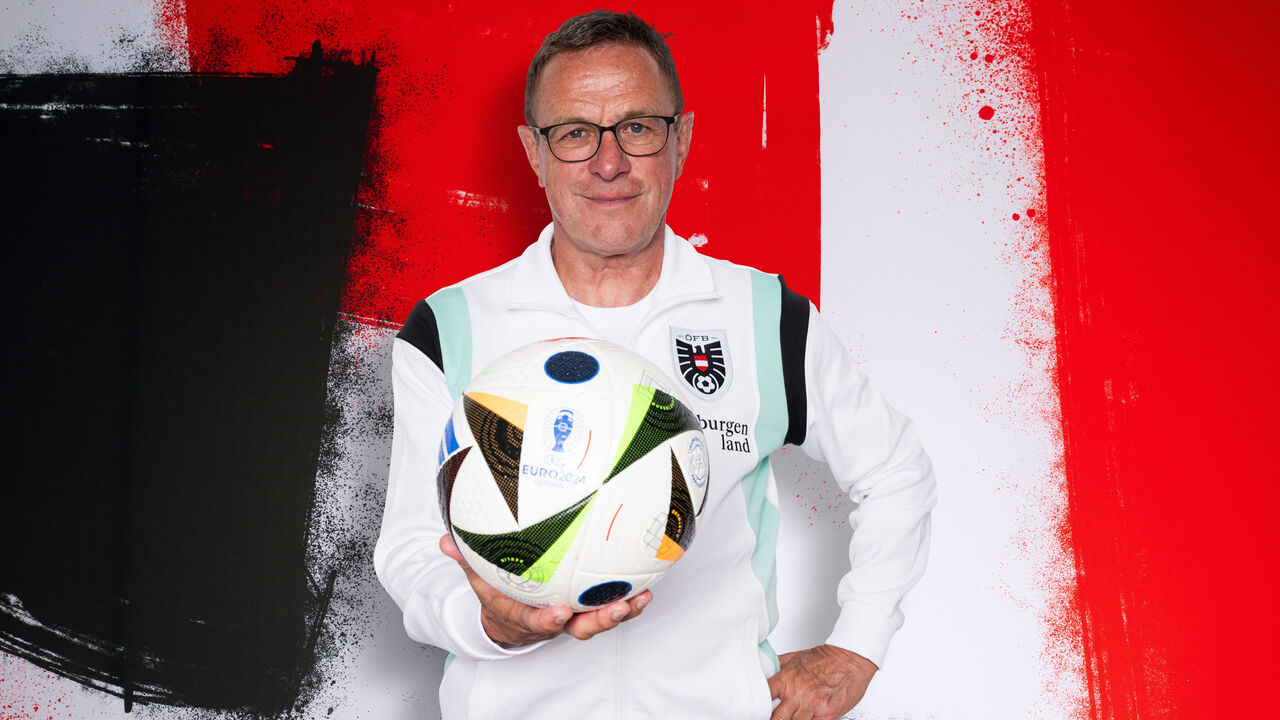
The 65-year-old has taken Austria, one of the pretournament dark horses, into genuine contender territory despite the injury-induced absences of star player David Alaba and midfield lynchpin Xaver Schlager. It took some time for Rangnick to fully implement his uptempo system following his appointment as Austria boss in 2022, but after diligent work, his squad now looks like the most structurally sound team at Euro 2024. Everyone understands their assignments and the players are all pulling in the same direction, which is ultimately a testament to the coach. The Austrians are riding high after a riveting 3-2 win over Netherlands saw them top a group that also included France, and they’re now on the favorable side of the knockout bracket. More praise could yet be coming Rangnick’s way.
Loser: Gareth Southgate
England arrived in Germany with arguably the most impressive array of talent – particularly in attacking positions – of any team in the tournament. The only real question mark around the Three Lions surrounded Gareth Southgate’s ability to put all the enviable pieces together in the right order. Could he get England to play the attractive football befitting his brilliant collection of players? Well, we got our answer. England put everyone to sleep during an otherwise thrilling group stage, scoring only twice, winning just once, and compiling a lower expected goals total than Albania, which played against perennial contenders Spain, Italy, and Croatia.
Southgate, affable and well-spoken, deserves praise for overseeing deep runs in recent tournaments that raised expectations in the country after so many years of underperformance and disappointment on the biggest stages. But he’s taken this team as far as he can. The talent pool has outgrown his capabilities as a tactician. His experiments haven’t worked, and he seems unwilling to make the necessary personnel changes to turn his collection of outstanding individuals into a functioning team. England, which caught a huge break by ending up on the weaker side of the knockout bracket, could yet get back to the final, and maybe win it all. But it would be in spite of the manager, not because of him.
Winner: Spain
No team looked as complete in the opening round as Spain, the only side to emerge with a perfect record so far. La Roja ran roughshod over Croatia in the first half of their opening game, totally suffocated defending champion Italy in the most authoritative single performance of the tournament so far (the 1-0 scoreline was wildly flattering on the Azzurri), and capped a perfect group stage by beating Albania despite making 10 changes to their starting lineup and essentially using a backup team in their finale. Some may have accused manager Luis de la Fuente of arrogance when he said no other team in Germany was on his squad’s level, but it’s hard to argue with him based on current evidence.
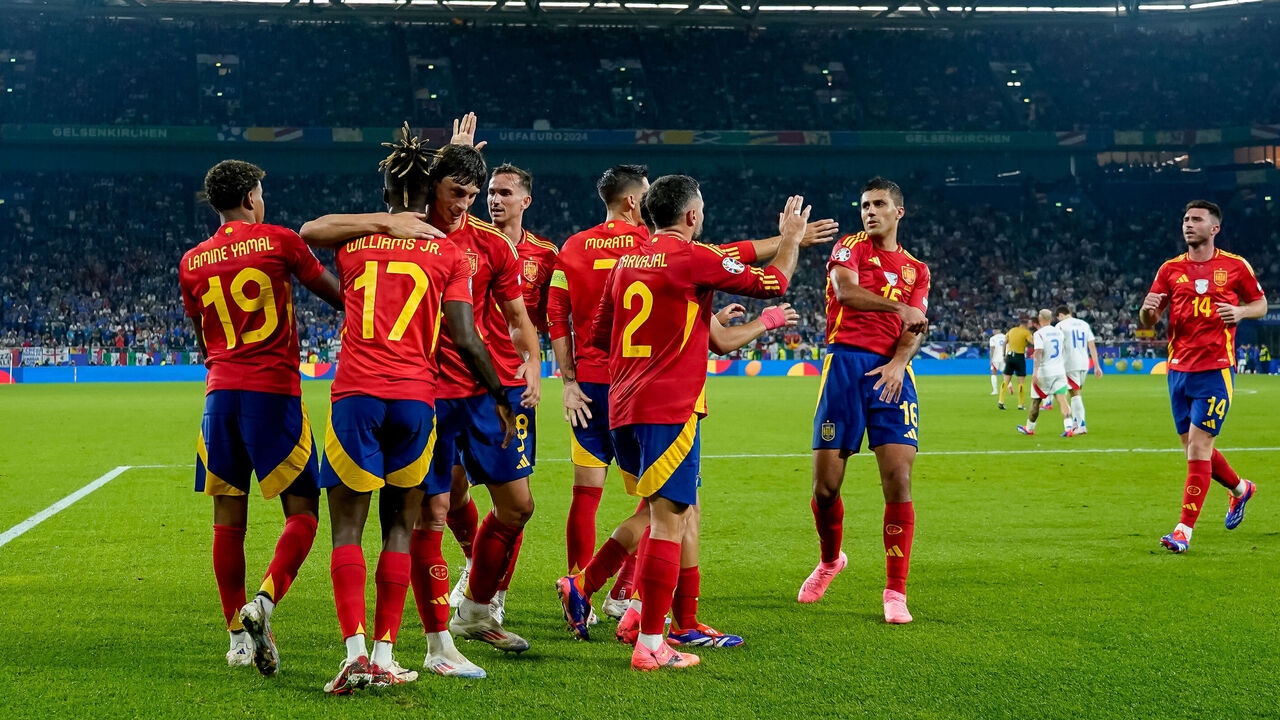
Spain has retained its possession-based identity and ability to move the ball around the pitch with short, intricate passes, but the emergence of young wingers Lamine Yamal and Nico Williams gives the team the option to attack more directly, and with devastating speed in Williams’ case. While Spain could get bogged down in recent years as its passing became too stale and predictable, the option to attack down the flanks adds a totally different element to the side, making it nearly impossible to slow down. For the first time in a while, Spain can beat you in different ways.
Loser: Romelu Lukaku
It’s time for Romelu Lukaku to smash the reset button heading into the knockout rounds. The Belgian striker finished the group stage without a goal through a bewildering combination of poor finishing, poor timing, and some plain old bad luck. He had the joint-most shot attempts (10), most shots on target (seven), most big chances missed (six), and – cruelly – the most disallowed goals (three). Each time he did find the net, VAR cut his celebrations short, twice for narrow offside infractions and once for a handball by a teammate in the buildup to a goal. Had all three tallies counted, Lukaku would be the clubhouse leader in the Golden Boot race at the moment.
Had any of his goals stood – or, you know, if he didn’t waste some of his other golden opportunities over the three games – Belgium almost certainly would have topped an eminently winnable Group E. Instead, his profligacy played a direct role in the Red Devils being forced to settle for second place, which sets up a massive test against France in the round of 16, and, more broadly, puts Belgium on the more challenging side of the bracket alongside Portugal, Spain, and host Germany.
Winners: Anybody rooting for chaos
There have been some snoozers – we’re looking at you, England – but the Euro 2024 group stage was exhilarating, on balance. As club football continues to devolve into a slog with more games and competitions seemingly being added to the calendar all the time, Euro 2024 offered some much-needed respite and refreshment, providing the type of color and passion that only an international tournament can deliver.
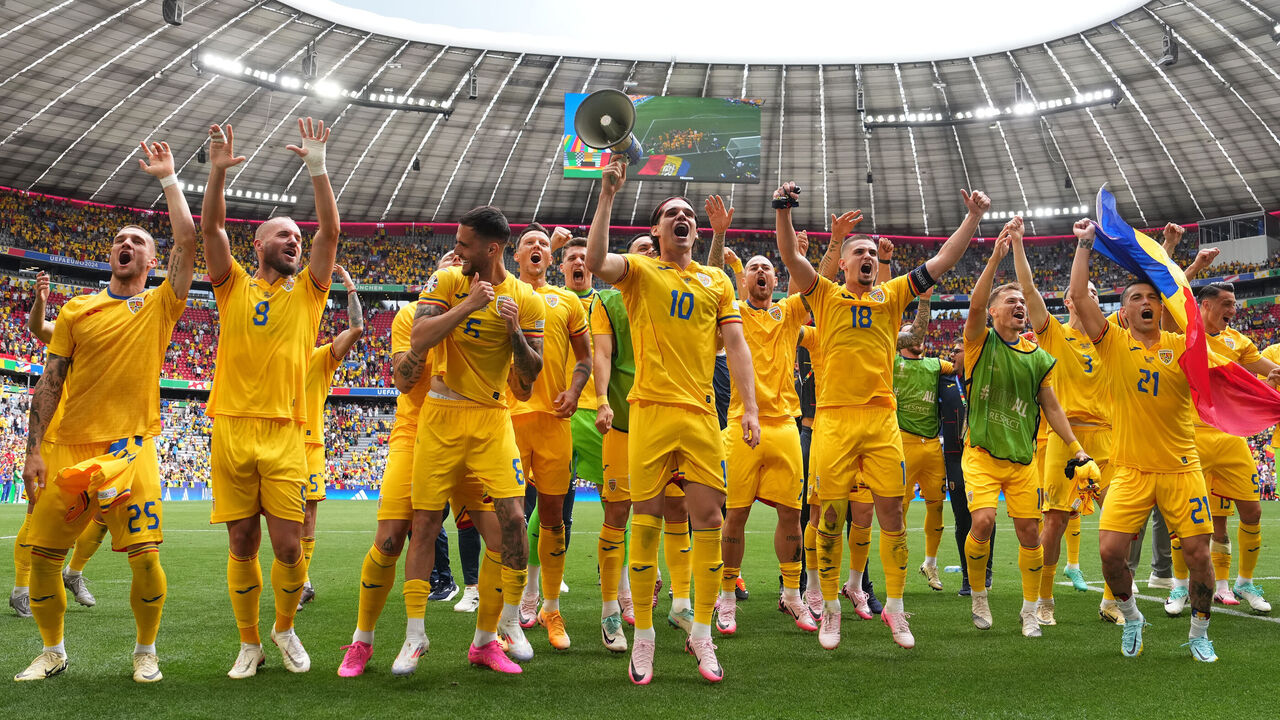
The opening round of group fixtures saw goals aplenty, including several bangers from outside the area that harkened back to years past when players had more license to shoot from distance and act off the cuff compared to the more meticulous, fine-tuned game of today that dominates the club level. After a brief lull in the second round of matches – again, England – the group stage concluded with dramatic finishes and stunning upsets. Germany struck late to win its group, Italy saved its bacon with a 98th-minute stunner, Austria pipped France and the Netherlands to top spot, unfancied Romania did the same to Belgium, and then, to cap proceedings, Georgia, the lowest-ranked team in the entire tournament, rocked Portugal to seal a historic last-16 spot. Assuming you didn’t have a rooting interest for one of the unlucky sides that bowed out like Croatia, Hungary, or Ukraine, this was brilliant to watch.
Loser: Stadium security guards
Yes, keeping tabs on over 80,000 spectators is a serious logistical challenge. And yes, the odd pitch invader is far from an uncommon sight at major international tournaments. But even with those disclaimers, UEFA and local security enforcement seemed woefully unprepared for the barrage of selfie-seeking fans who descended upon the Westfalenstadion for Portugal’s second group match against Turkey. Cristiano Ronaldo is one of the most famous people on the planet, so perhaps beefing up in-stadium security for the occasion would have been wise. Just a thought. One eager young fan getting through the blockade and getting a photo he’ll never forget isn’t the end of the world. Far from it. But six fans managed to get onto the pitch in an effort to snap a photo with the Portuguese captain, including two after the final whistle. Fool me once, shame on you. Fool me six times?
Ultimately, the outcome was pretty harmless, aside from Ronaldo’s obvious exasperation by the time the second, third, and fourth pitch invaders got onto the playing surface. But the benign outcome shouldn’t distract from UEFA’s failure here. Not to clutch pearls, but nobody really knows the intention of any fan racing onto the field. Hoping that they’re all looking for selfies isn’t an acceptable approach at an event of this magnitude. The governing body vowed to introduce additional security measures going forward, but UEFA’s track record with these matters doesn’t exactly inspire confidence.
Bonus winner: Bologna
Bologna president Joey Saputo must be beaming right now. The modest Italian club, on the back of a magical season that culminated with a historic Champions League berth, is in line to collect some healthy profits this summer thanks to standout performances by its players at Euro 2024. No club has seen its players directly contribute to more goals at the tournament than Bologna, which, when you read it again and again, is a surreal statistic.
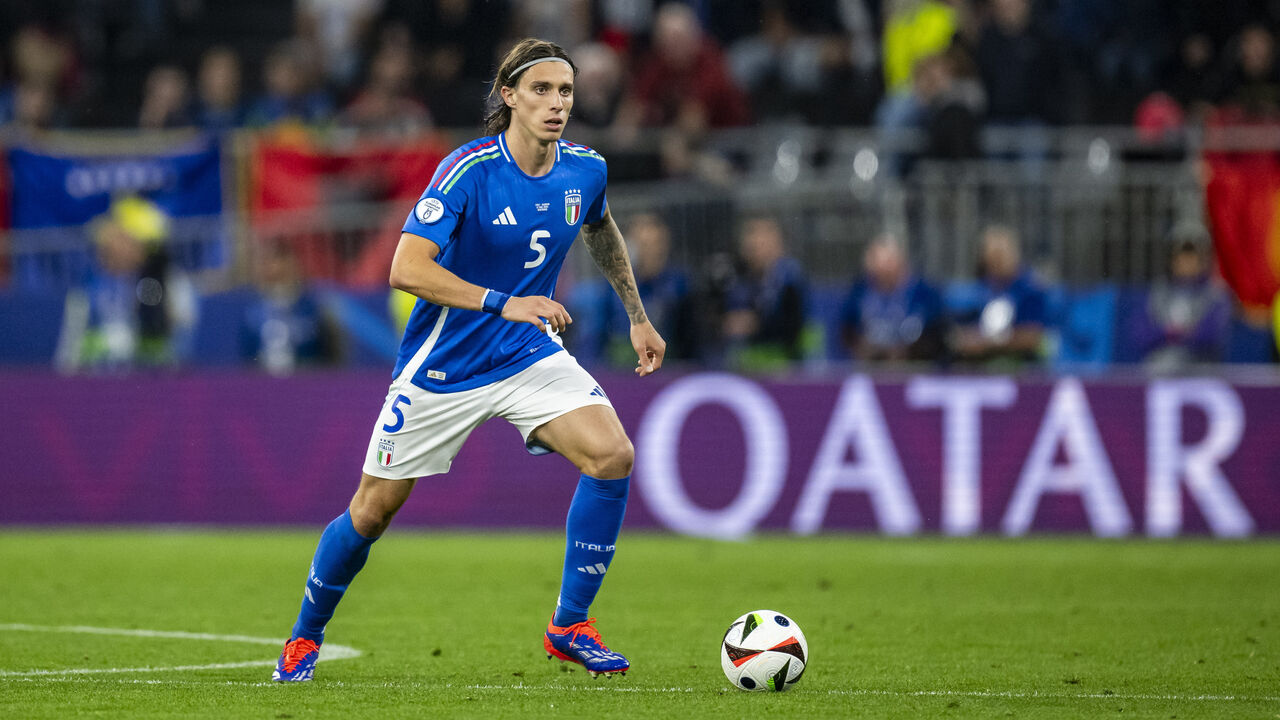
Riccardo Calafiori was Italy’s best performer during the group stage, and capped off his confident displays with a marauding run that set up the Azzurri’s tournament-saving goal against Croatia. Juventus were already working to sign the young defender prior to the Euros, but now face competition that will unquestionably drive up the 22-year-old’s price, much to Bologna’s delight. If anything, his suspension for the last 16, and Italy’s performance without him, could actually serve to boost Bologna’s negotiating position. Meanwhile, Switzerland, a team littered with Bologna players, has benefitted greatly from the injection of pace provided by Dan Ndoye, who scored an excellent goal against Germany. It’s working out so well for other sides, perhaps Netherlands boss Ronald Koeman should consider giving Joshua Zirkzee a chance to shine in the round of 16.














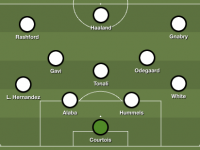







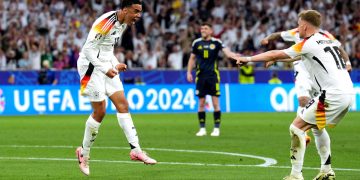
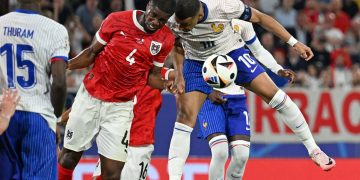

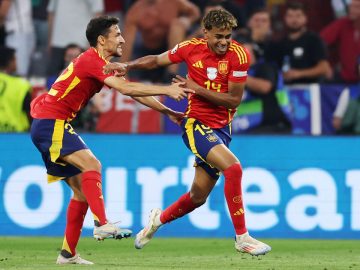





Connect with us